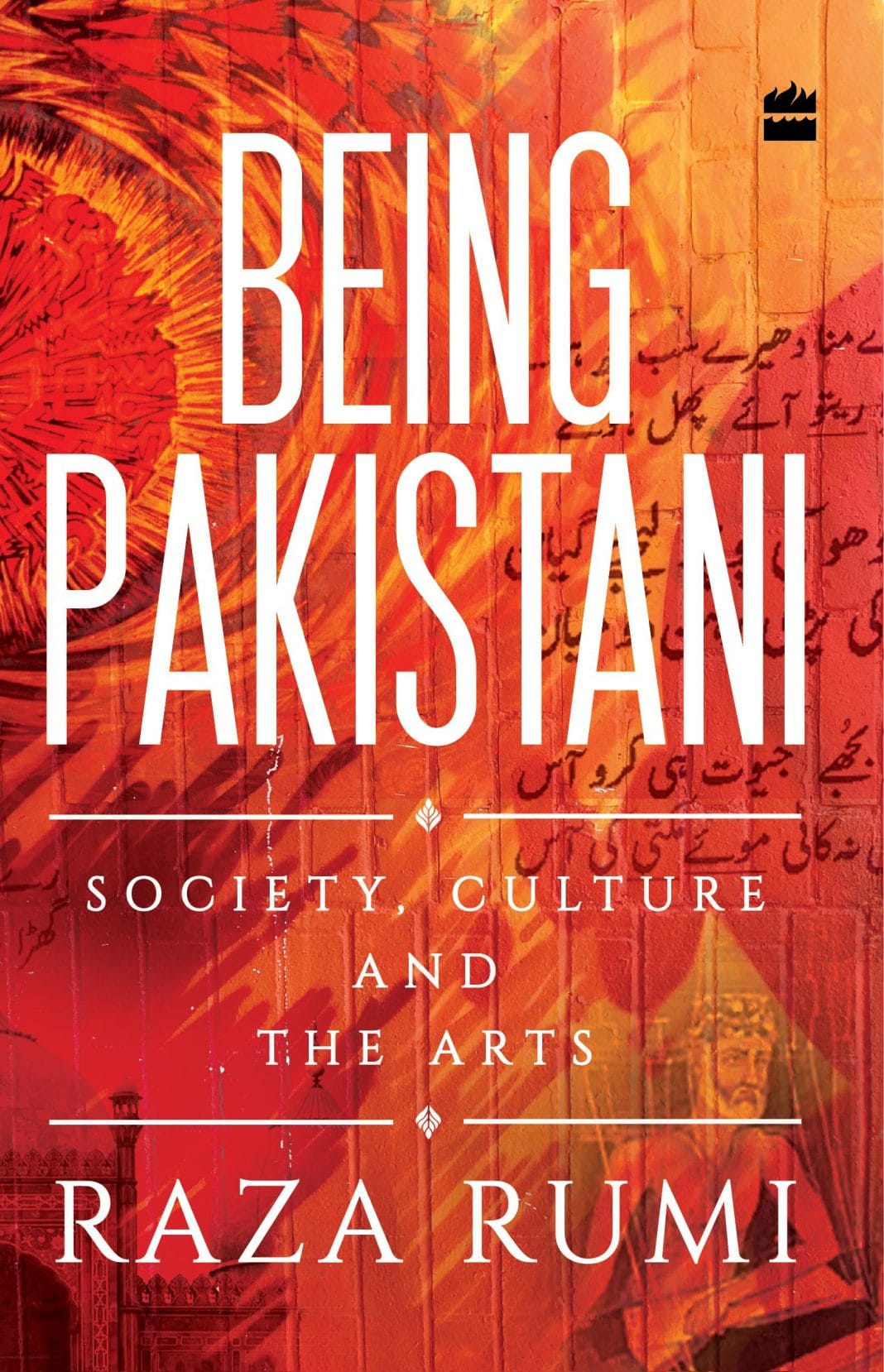
‘Being Pakistani‘ presents a fascinating set of poets, writers, musicians and artists, whose work is a collective appeal for the liberation of human beings.
In an era when the stock media images of Pakistan are of military coups, terrorist attacks and religious fundamentalism, well-known author and journalist Raza Rumi’s work ‘Being Pakistani: Society, Culture and the Arts‘ offers a peep into a side of Pakistan, of which the rest of the world, including India, has limited knowledge of.
The overshadowing of South Asia by interstate and internecine conflicts, especially in media representations, has ensured that the region’s varied and shared cultural and artistic traditions and achievements have not received adequate attention. The domination of political narratives has resulted in the broad neglect of cultural and literary narratives of the region.
Rumi’s stage is populated by a fascinating set of women and men — poets, authors, musicians, playwrights and a range of other artists. While each of these individuals have left a distinct impression in their fields, the overarching message of their work is a collective appeal for the liberation of human beings, rescue from the clutches of violence and authoritarianism, and a re-imagination of social mores. By locating these individuals at specific times in the history of Pakistan, Rumi shows his readers how Pakistani society and its political milieu were connected.
The book, which is a compilation of some of Rumi’s published works and presentations, has a conversational and intimate tone, while the images he evokes, resonate with a wider citizenry, limited not just to Pakistan but extending to India, Bangladesh and beyond. For example, the writer offers an intriguing analysis of the ‘K-soaps’ produced by Indian producer Ekta Kapoor, which were very popular in India. While unequivocally critical of the soaps and their polarising messages, Rumi is more interested in the ways in which the people of Bangladesh, Bhutan, Afghanistan and Pakistan identify with these shows.
The chapters on literature and arts are a delight to read as they introduce readers to some of Pakistan’s most iconic figures in the field. From well-known names likes Manto, Intizar Hussain and Qurratulain Hyder, to lesser-known ones like Habib Jalib, Shahzia Sikander and others, Rumi’s selection is eclectic — including artists not just from a distant past, but also from the present and figures from Pakistani diaspora.
Being Pakistani will appeal to a broad swathe of readers interested in the artistic and cultural landscape of Pakistan and its broader meanings for South Asia.
Urvashi Sarkar is a freelance journalist based in Mumbai.


COMMENTS